We’ve all been there—investing hours in a TV show, only to watch it crumble before our eyes. Some series burst onto screens with incredible promise, hooking us with compelling characters and fresh storylines. But then something happens. The writing falters, the plot twists make no sense, or the magic simply vanishes. These 7 shows had us cheering at first, then left us wondering what went wrong.
1. Game of Thrones
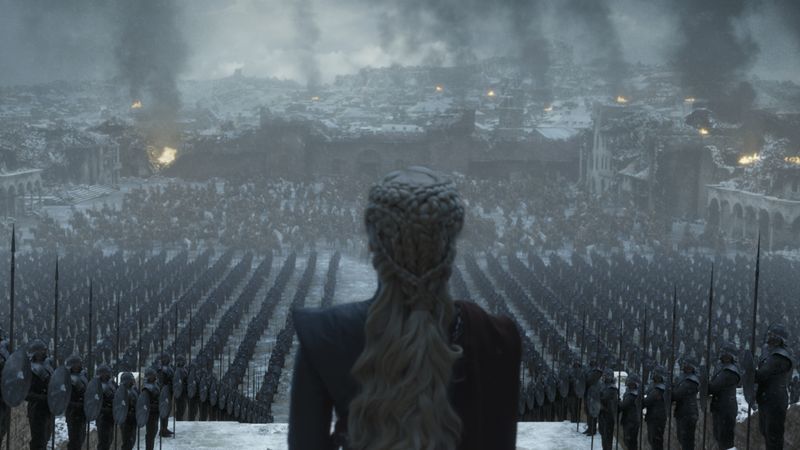
Remember when everyone was talking about Game of Thrones? The political chess matches, shocking deaths, and dragons captivated viewers worldwide. The show masterfully adapted George R.R. Martin’s complex novels with rich character development and unpredictable twists.
Then came seasons 7 and 8. Suddenly characters teleported across continents, made baffling decisions, and abandoned years of careful development. The Night King—built up for seasons—was defeated in a single episode.
The rushed finale left fans bewildered as Bran became king for having “the best story” (despite many arguing he had the worst). A cultural phenomenon ended with petitions demanding rewrites and a fanbase united in disappointment rather than satisfaction.
2. Lost
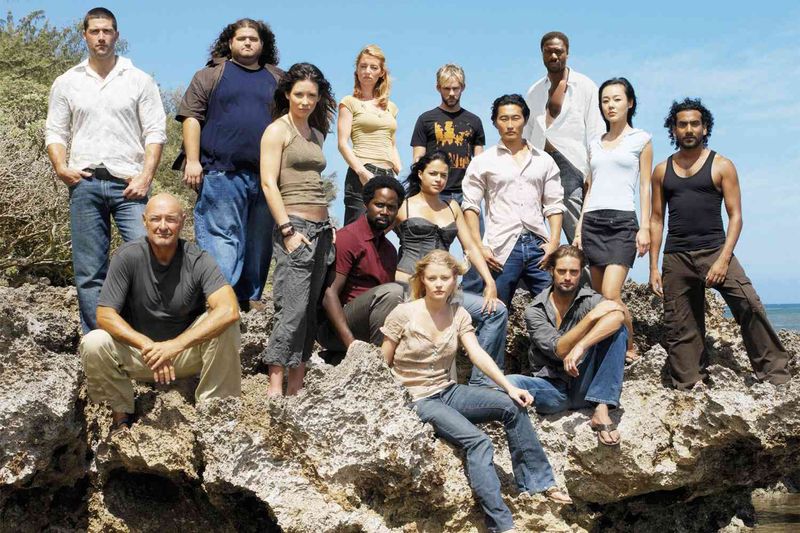
The plane crash that stranded survivors on a mysterious island created TV magic in 2004. Those early seasons of Lost brilliantly balanced character flashbacks with mind-bending island secrets. Smoke monsters, hatches, and the enigmatic Others kept viewers theorizing between episodes.
As seasons progressed, the show drowned in its own complexity. New questions emerged faster than old ones were answered. The time travel elements confused even dedicated fans.
By the controversial finale, many felt betrayed by explanations that seemed hastily cobbled together. The emotional character moments couldn’t overcome the sense that the writers had been making it up as they went along, leaving a legacy of fascinating beginnings but unsatisfying conclusions.
3. Heroes
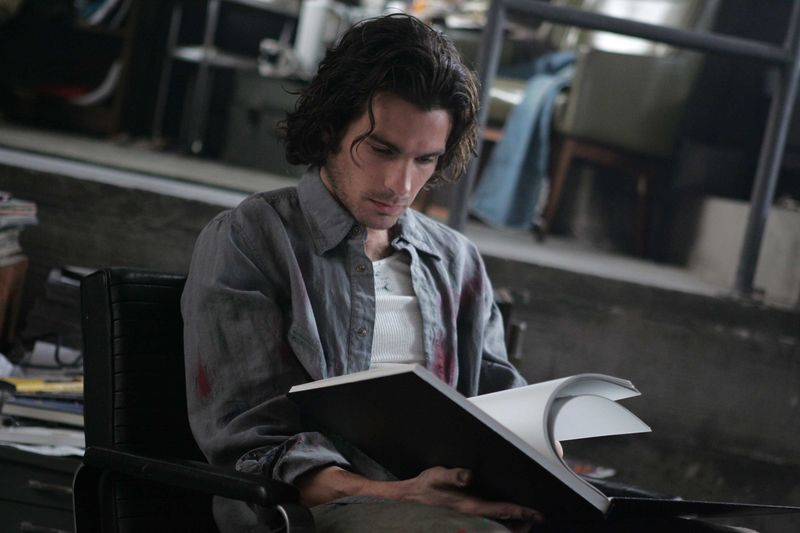
When Heroes premiered in 2006, the phrase “Save the cheerleader, save the world” quickly became a cultural catchphrase. Season 1 wowed audiences with its fresh take on superheroes—ordinary people discovering extraordinary abilities. The interconnected stories and diverse powers created genuine excitement.
Then came the infamous writers’ strike, derailing season 2. When the show returned, it never recaptured its former glory. Characters gained and lost powers seemingly at random, while villains became heroes and heroes became villains with little justification.
Plot holes widened as the writing grew increasingly convoluted. The very elements that made the show special—tight storytelling and character development—vanished faster than one of Hiro’s time jumps, leaving fans with superhero fatigue instead of super entertainment.
4. 13 Reasons Why

When 13 Reasons Why debuted, it tackled teen suicide with unflinching honesty. Season 1 followed Clay Jensen listening to tapes from Hannah Baker explaining why she took her life. The show sparked important conversations about mental health, bullying, and sexual assault.
Netflix should have stopped there. The source material was fully adapted, but executives couldn’t resist squeezing more from its popularity. Subsequent seasons invented increasingly outlandish scenarios—murder cover-ups, school shootings, and improbable redemption arcs.
Characters became unrecognizable from their thoughtful portrayals in season 1. What began as a poignant examination of teenage trauma morphed into exploitative melodrama that mental health professionals criticized for potentially harmful messages. The powerful original premise drowned in sensationalism and poor writing.
5. Westworld
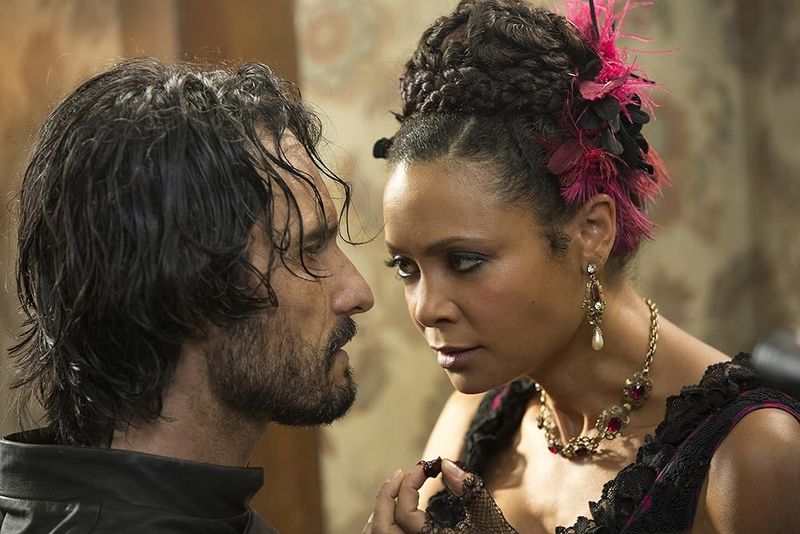
Westworld’s debut season was a masterpiece of layered storytelling. The tale of android hosts gaining consciousness in a Wild West theme park blended stunning visuals with profound questions about humanity and free will. Anthony Hopkins delivered a mesmerizing performance as the park’s enigmatic creator.
By season 3, the show had abandoned its Western roots entirely for a generic cyberpunk aesthetic. The timeline tricks that once delighted viewers became frustrating gimmicks.
Characters spoke almost exclusively in philosophical riddles rather than having authentic conversations. The storytelling grew so deliberately obtuse that many viewers simply gave up trying to follow along. Despite an incredible cast and HBO’s lavish budget, the once-revolutionary show became exactly what its robot hosts feared—a repetitive, predictable program unable to evolve.
6. True Detective
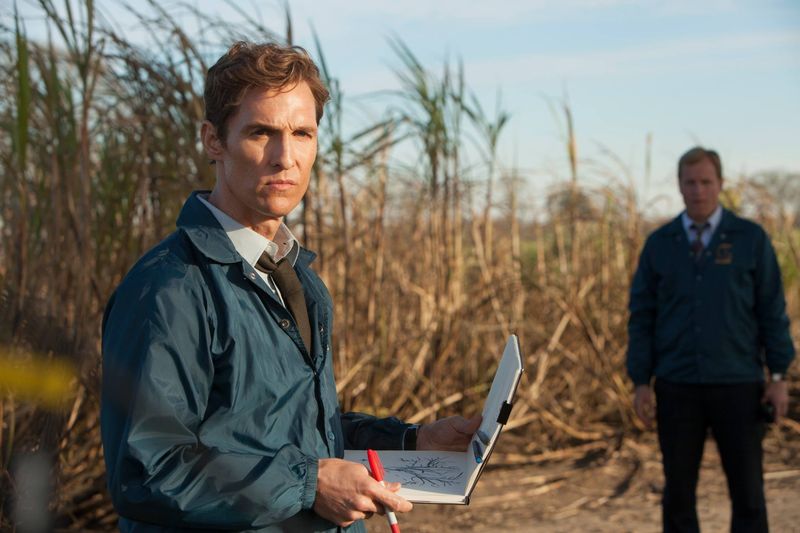
Matthew McConaughey and Woody Harrelson created TV magic in True Detective’s first season. Their raw performances as detectives haunted by an occult murder investigation in Louisiana captivated audiences. The show’s unique visual style, philosophical musings, and intricate plotting set a new standard for crime dramas.
Season 2 arrived with high expectations and a star-studded cast including Colin Farrell and Rachel McAdams. Yet something crucial was missing. The California setting lacked the atmospheric dread of Louisiana’s bayou country.
The plot became needlessly convoluted, focusing on corrupt land deals that failed to engage viewers. Characters spouted pretentious dialogue without the first season’s depth. What began as HBO’s most promising anthology series became a cautionary tale about lightning rarely striking twice in television.
7. The Walking Dead
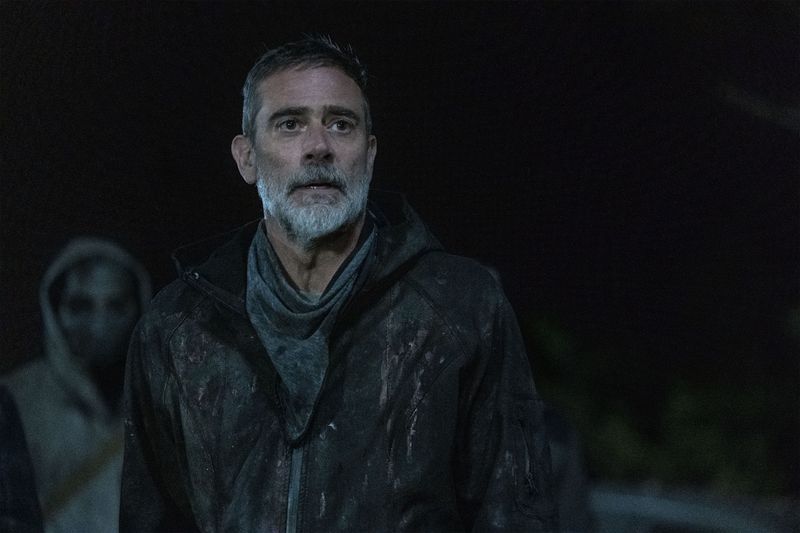
The Walking Dead exploded onto screens with a perfect blend of zombie horror and human drama. Those early seasons balanced heart-pounding tension with genuine character development. Rick Grimes’ journey from small-town sheriff to hardened survivor captivated millions.
Around season 7, the show fell into a predictable pattern. The group would find sanctuary, meet a new villain, lose their sanctuary, and repeat. Beloved characters were killed off or simply disappeared as actors left the show.
The infamous Negan bat scene marked a turning point where shock value replaced storytelling. Viewership plummeted as episodes stretched simple plots across entire seasons. What began as a revolutionary horror drama became a shambling corpse of its former self—ironically mirroring the very zombies that populated its increasingly empty world.

Comments
Loading…